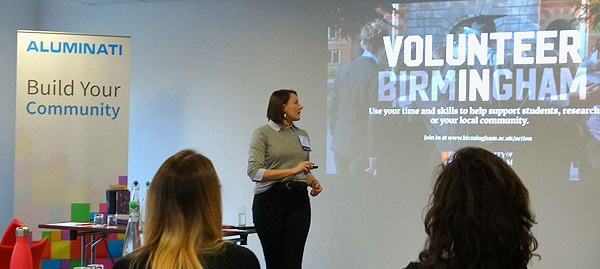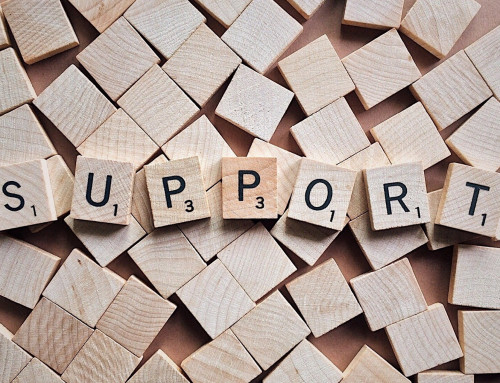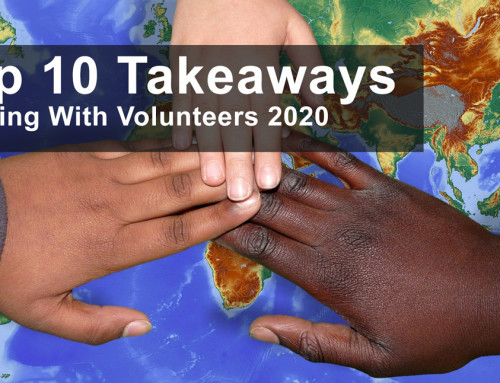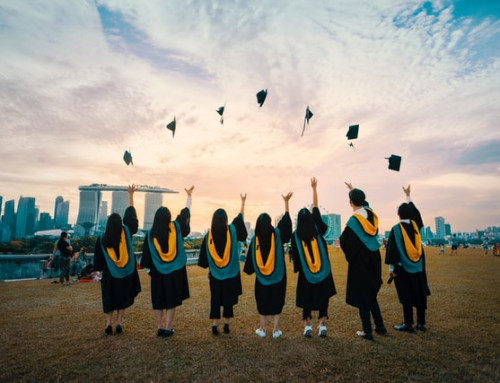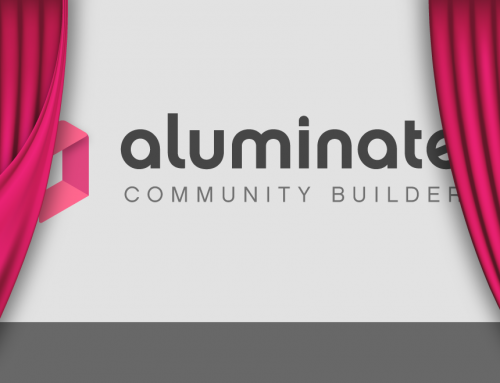We were proud to be primary sponsors of this year’s CASE ‘Introduction to Fundraising and Alumni Relations 2020’ conference, the annual introductory course designed specifically for those new to fundraising, alumni relations and development services. The event took place in the centre of Manchester and featured two days of inspiring sessions, interactive workshops, and networking where sector experts shared a range of strategies and best practices.
Here are a few takeaways from the event:
Alumni Engagement
- Use Social Media – many advancement offices have a social media manager responsible for developing social media communications and content strategy. Messages can be highly targeted, for example at different generations such as Millennials and Baby Boomers.
- Content such as video and printed publications can be repurposed to social media content and direct communications to encourage two-way communications with your alums.
- Bespoke alumni websites and platforms can provide a trusted, branded safe space for your students and alumni to engage with you and each other.
- Measure the effectiveness of your alumni relations using analytics. Data-driven, measurable outcomes should track impact and inform the best use of future resources.
- Data helps you to segment and target your stakeholders, allowing you to build relationships that provide value to both alumni and the institution.
Fundraising
- Those that are already donating are most likely to give again, but this requires careful stewardship. In fundraising, the thank you is the first step towards getting someone to give again.
- You should embed fundraising into your university. You are not a fundraiser or fundraising department. You are a fundraising university where everyone helps with the mission.
- Traditional revenue streams are being squeezed. Philanthropy will only continue to grow, so investing in a fundraising strategy is key to future-proofing.
- Legacy fundraising is the largest and most personally significant gift an individual will ever give to your institution or cause.
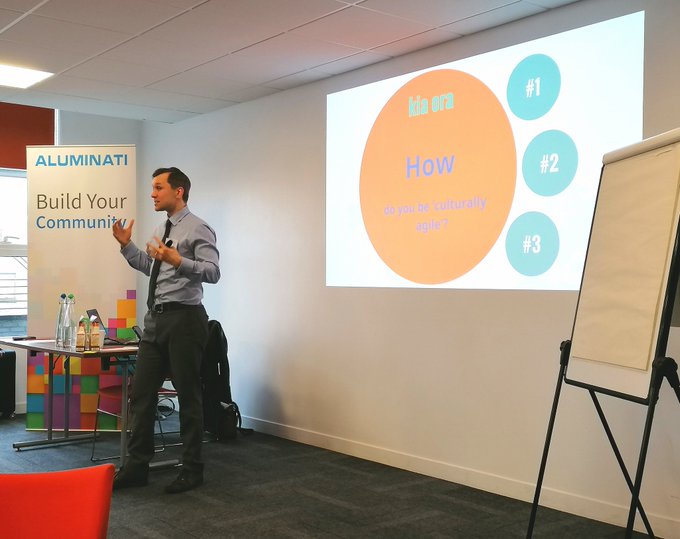
Markus Karlsson-Jones, Global Volunteers and Networks Officer, explained the challenges, considerations and rewards of working with international alumni.
Communicating with International Alumni
- Email is relied on for 95% of alumni communications. However, in certain countries and cultures, it is less effective than others. In China, the University of Manchester found WeChat and Weibo more effective communication channels.
- When sending out international communications be aware of the different time zones.
- Language barriers can be a problem, especially for those alumni who have not had to speak or read English for a long time.
- Local organisers make it easier to ensure events go smoothly.
Conclusion
CASE’s Introduction to Fundraising and Alumni Relations conference is designed specifically for those new to fundraising, alumni relations and development services, but it is so much more than that. It is an opportunity to network, share knowledge, and become more effective in our professional roles.
This is why we have formed a partnership with CASE to support their work and provide the platform for their e-mentoring service.
About The Author

Andrej Dethlefsen
Marketing & Communications Officer at Aluminati
He is passionate about education, communications and community.
